Jojoba Oil: Nature’s Liquid Gold for Your Skin
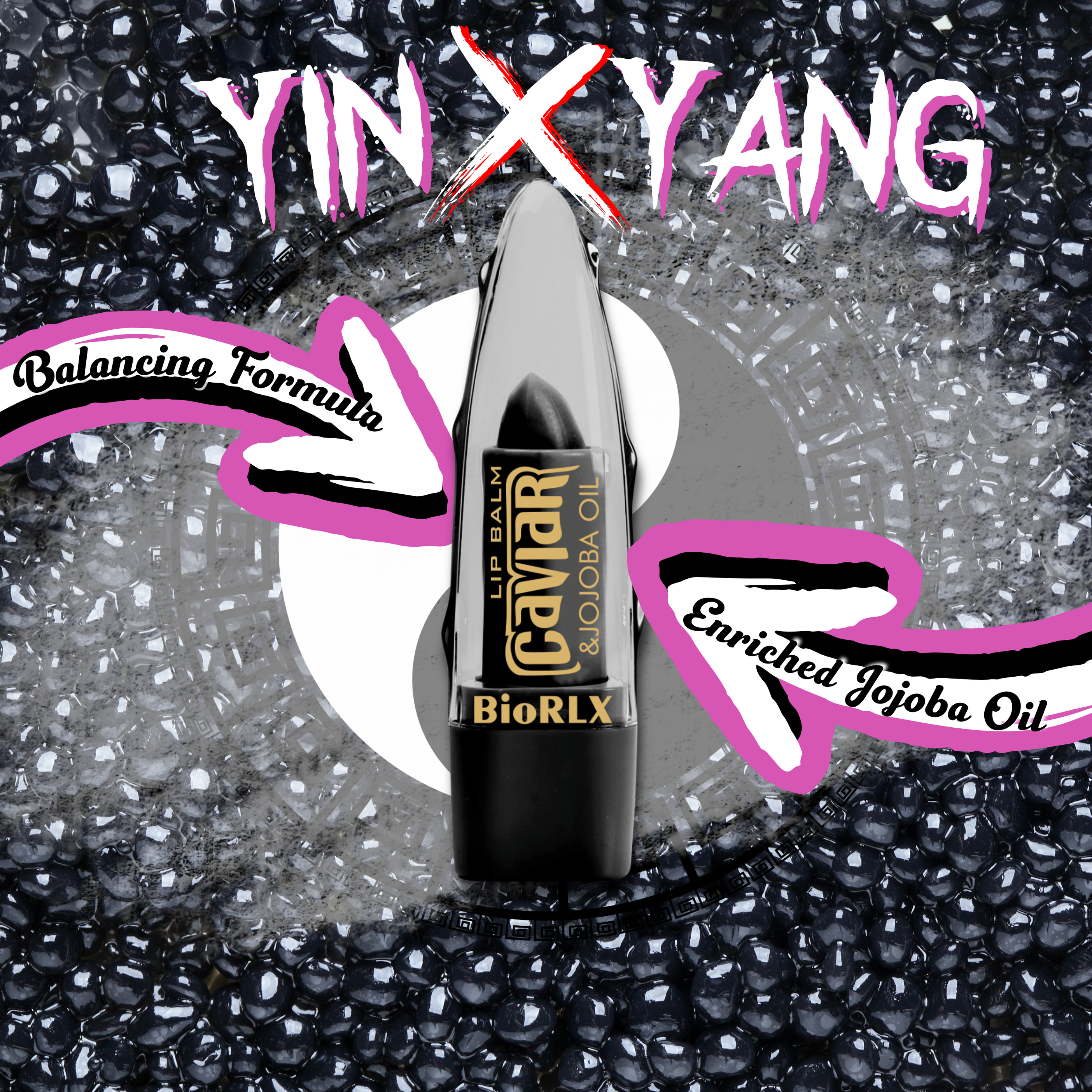
Jojoba oil, often referred to as nature’s liquid gold, is a versatile and treasured ingredient in the skincare world. Derived from the seeds of the Simmondsia chinensis plant, which is native to the arid regions of North America, jojoba oil has been used for centuries for its remarkable healing and moisturizing properties. Let's delve into the fascinating world of jojoba oil and explore why it has become a staple in modern skincare.
What is Jojoba Oil?
Jojoba oil is not actually an oil but a liquid wax ester that closely resembles the natural sebum produced by our skin. This unique composition makes it an excellent emollient, capable of providing deep hydration without clogging pores or leaving a greasy residue. The oil is extracted from the seeds of the jojoba plant through a cold-pressing process, ensuring that its beneficial properties are preserved.
The Benefits of Jojoba Oil
Deep Moisturization: Jojoba oil is renowned for its ability to provide intense moisture. Its structure allows it to penetrate deeply into the skin, delivering hydration where it’s needed most. This makes it an ideal ingredient for combating dryness and maintaining a healthy moisture balance.
Balancing Oil Production: One of the standout features of jojoba oil is its ability to regulate sebum production. For those with oily skin, it can help reduce excess oil by mimicking the skin’s natural sebum, thus signaling to the sebaceous glands to produce less oil. Conversely, it provides sufficient moisture for dry skin, making it a versatile solution for all skin types.
Anti-Inflammatory Properties: Rich in vitamins E and B-complex, jojoba oil has natural anti-inflammatory properties that can help soothe and calm irritated skin. It is particularly beneficial for conditions like eczema and psoriasis, where inflammation and dryness are prevalent.
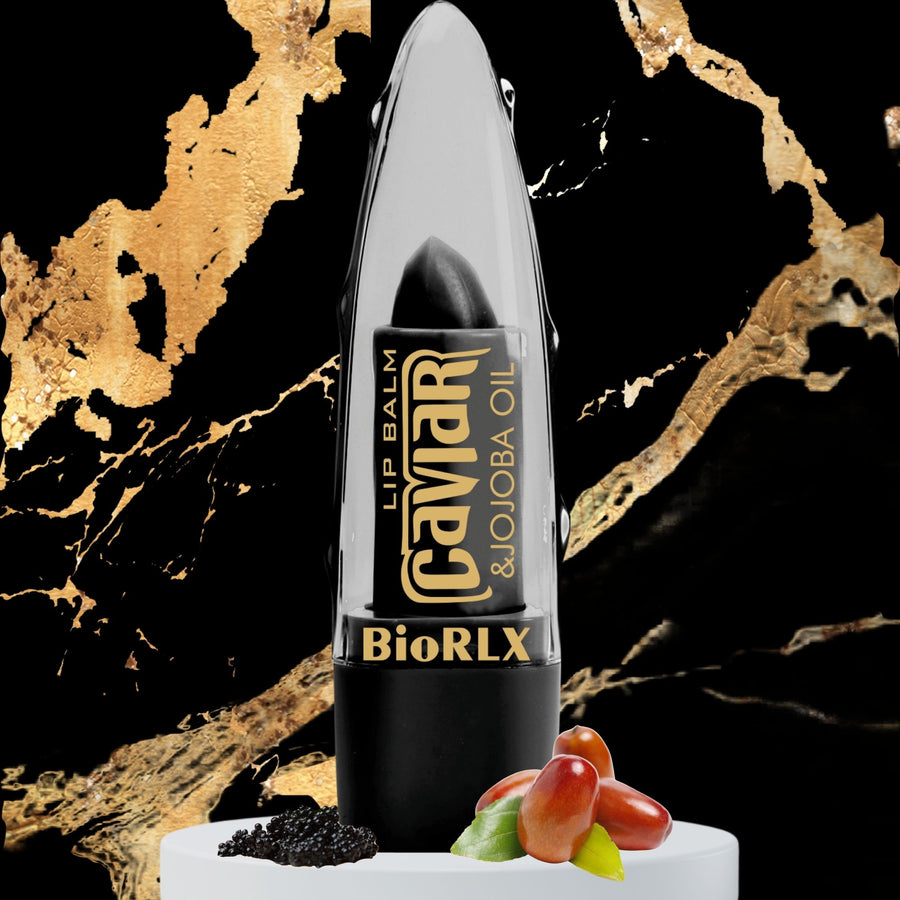
Antioxidant Powerhouse: Jojoba oil contains powerful antioxidants that protect the skin from environmental stressors. These antioxidants help to neutralize free radicals, reducing the signs of aging and promoting a youthful, radiant complexion.
Healing and Repair: The oil’s composition promotes wound healing and can help reduce the appearance of scars and stretch marks. Its vitamin E content supports skin repair and regeneration, making it a valuable addition to any skincare routine.
Non-Comedogenic: Unlike many oils, jojoba oil is non-comedogenic, meaning it won’t clog pores. This makes it an excellent choice for those with acne-prone skin, as it provides moisture without contributing to breakouts.
Harvesting and Extraction
The journey of jojoba oil from seed to skincare is one of careful cultivation and meticulous extraction. The jojoba plant thrives in harsh, desert environments, where it produces seeds rich in oil. Harvesting typically occurs in late summer when the seeds are at their peak.
Once harvested, the seeds undergo a cold-pressing process. This method involves mechanically pressing the seeds to extract the oil without the use of heat, preserving the oil’s natural nutrients and beneficial properties. The result is a pure, unrefined oil that maintains its integrity and efficacy.
The History of Jojoba Oil
The use of jojoba oil dates back centuries, with Native American tribes being among the first to recognize its beneficial properties. They used the oil to treat skin wounds and sores and to maintain healthy hair. The unique properties of jojoba oil, such as its similarity to human sebum, have been understood and valued long before modern science confirmed its benefits.
In the 1970s, jojoba oil gained commercial importance when it was discovered as a superior alternative to sperm whale oil, which was banned due to environmental concerns. This transition marked the beginning of jojoba oil's widespread use in the cosmetic and skincare industries, where it continues to be a prized ingredient today.
Jojoba Oil in Modern Skincare
Today, jojoba oil is a key ingredient in many skincare products, from moisturizers and serums to cleansers and sunscreens. Its versatility and gentle nature make it suitable for all skin types, including sensitive skin. Here are some common applications of jojoba oil in modern skincare:
Moisturizers and Serums
Jojoba oil’s ability to deeply penetrate the skin and deliver long-lasting hydration makes it a popular choice in moisturizers and serums. It helps to lock in moisture and create a protective barrier, preventing water loss and keeping the skin plump and hydrated.
Cleansers and Makeup Removers
Jojoba oil is an effective cleanser that can dissolve makeup and impurities without stripping the skin of its natural oils. It’s particularly beneficial for those with sensitive skin or conditions like rosacea, as it cleanses gently without causing irritation.
Anti-Aging Products
The antioxidant properties of jojoba oil make it a valuable addition to anti-aging products. It helps to neutralize free radicals, reduce oxidative stress, and promote the regeneration of skin cells, all of which contribute to a youthful complexion.
Treatment for Skin Conditions
Jojoba oil’s anti-inflammatory and healing properties make it effective in treating various skin conditions such as acne, eczema, and psoriasis. It can help to reduce redness, soothe irritation, and accelerate the healing process.
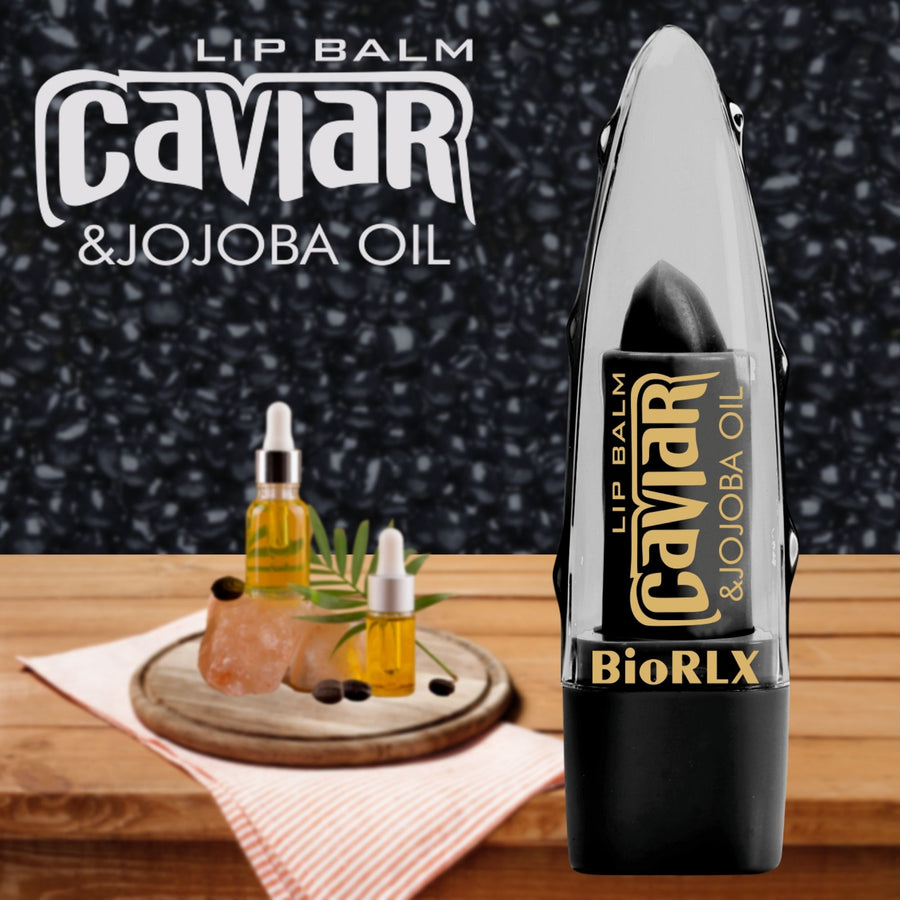
Scientific Research on Jojoba Oil
Scientific studies have confirmed the numerous benefits of jojoba oil for the skin. Research has shown that jojoba oil can effectively moisturize the skin, reduce inflammation, and promote wound healing. Its similarity to human sebum allows it to penetrate deeply into the skin, delivering nutrients and providing long-lasting hydration.
Additionally, studies have highlighted the antioxidant properties of jojoba oil, which help to protect the skin from environmental damage and reduce the signs of aging. Its non-comedogenic nature makes it a suitable option for those with acne-prone skin, as it does not clog pores or exacerbate breakouts.
How to Incorporate Jojoba Oil into Your Skincare Routine
Integrating jojoba oil into your skincare routine is simple and can provide a range of benefits for your skin. Here are some ways to use jojoba oil effectively:
As a Moisturizer
Apply a few drops of jojoba oil to your face and neck after cleansing to lock in moisture and provide a protective barrier against environmental damage. You can use it alone or mix it with your favorite moisturizer for enhanced hydration.
Makeup Remover
Jojoba oil is an excellent natural makeup remover. It gently dissolves makeup, including stubborn waterproof formulas, while nourishing the skin. Apply a small amount to a cotton pad and wipe away makeup effortlessly.
Hair Treatment
Use jojoba oil as a pre-shampoo treatment or add a few drops to your conditioner to enhance its moisturizing properties. It can also be used to tame frizz and add shine. Simply apply a small amount to your hair, focusing on the ends.
Cuticle Oil
Massage a small amount of jojoba oil into your cuticles to keep them soft and hydrated. This can help to prevent hangnails and promote healthy nail growth.
Bath Additive
Add a few drops of jojoba oil to your bath for an indulgent, skin-softening soak. The oil will help to hydrate and nourish your skin, leaving it feeling soft and smooth.
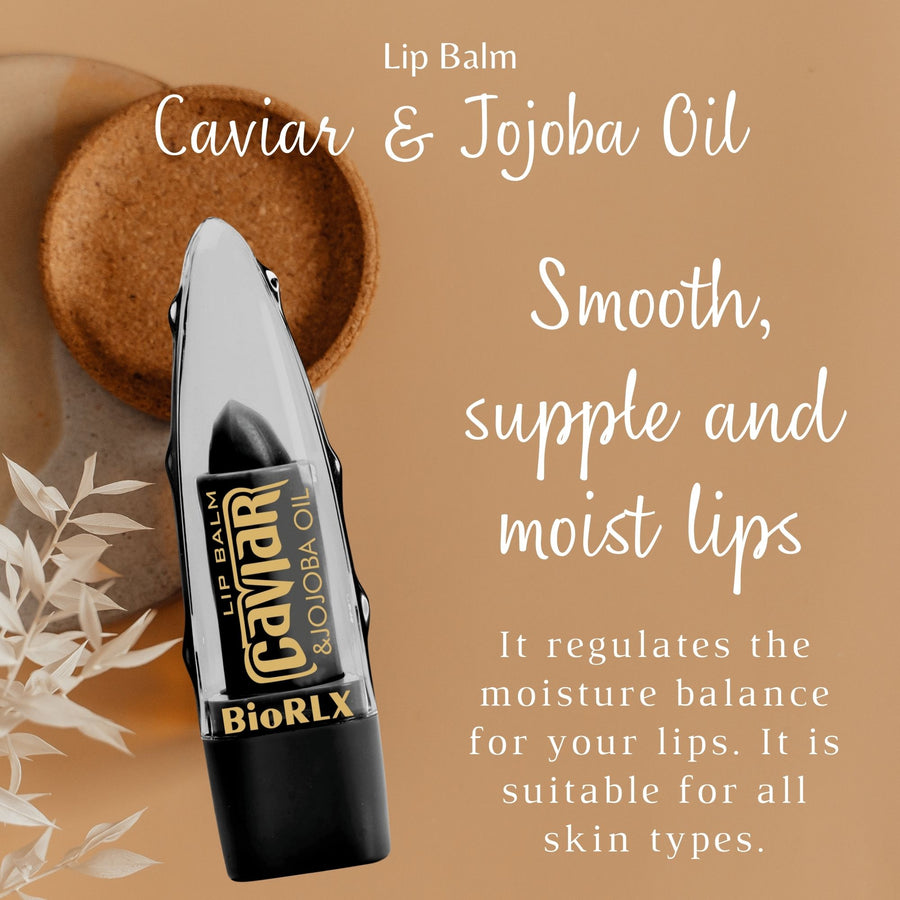
Conclusion
Jojoba oil is truly a marvel of nature, offering a multitude of benefits for the skin, hair, and nails. Its unique properties make it an indispensable ingredient in the world of natural skincare. Whether you’re looking to hydrate, balance, or heal your skin, jojoba oil provides a gentle, effective solution that aligns perfectly with BioRLX’s commitment to using the finest natural ingredients. Embrace the liquid gold of the desert and discover the transformative power of jojoba oil in your skincare routine.
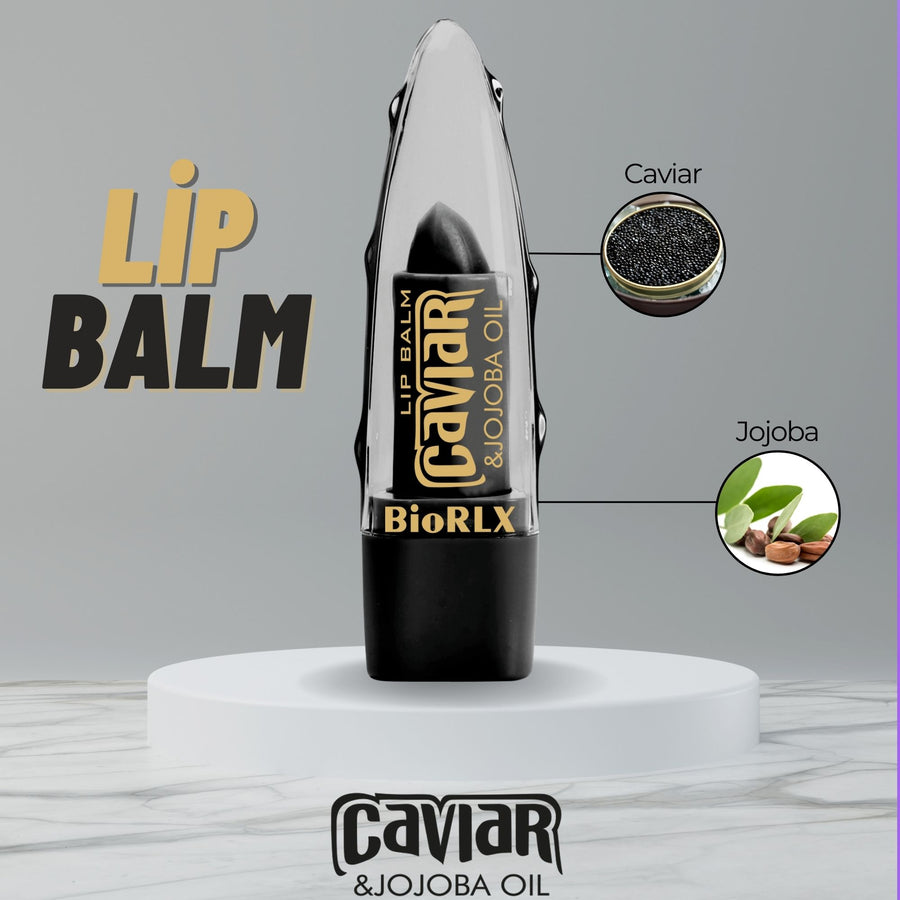
The Environmental Impact of Jojoba Cultivation
Jojoba plants are incredibly resilient and can thrive in harsh, arid environments where few other plants can survive. This makes them an excellent crop for sustainable farming in desert regions. Jojoba cultivation requires minimal water and maintenance, making it an environmentally friendly option.
The deep root system of jojoba plants helps to prevent soil erosion and promotes soil health by stabilizing the ground and improving water retention. This contributes to the overall health of the ecosystem and supports biodiversity in the area.
Moreover, the jojoba industry provides economic opportunities for communities in arid regions, offering a sustainable source of income and promoting social and economic development. By supporting jojoba cultivation, we are not only embracing a sustainable ingredient but also contributing to the well-being of communities and the environment.
Jojoba Oil and Ethical Sourcing
At BioRLX, we are committed to ethical sourcing and sustainability. We work closely with farmers who share our values and dedication to preserving the environment. Our jojoba oil is sourced from farms that practice sustainable agriculture and adhere to fair trade principles.
By partnering with ethical suppliers, we ensure that our jojoba oil is produced in a way that respects both the environment and the communities involved. This commitment to ethical sourcing extends to all our ingredients, reflecting our dedication to creating products that are not only effective but also socially and environmentally responsible.
Frequently Asked Questions about Jojoba Oil
Is jojoba oil suitable for all skin types?
Yes, jojoba oil is suitable for all skin types, including sensitive and acne-prone skin. Its composition closely resembles human sebum, making it a gentle and effective moisturizer that doesn’t clog pores.
Can jojoba oil help with acne?
Yes, jojoba oil can help with acne due to its non-comedogenic properties and ability to balance oil production. It also has anti-inflammatory properties that can reduce redness and irritation associated with acne.
How often should I use jojoba oil?
You can use jojoba oil daily as part of your skincare routine. It can be applied in the morning and evening to provide continuous hydration and protection for your skin.
Can I use jojoba oil on my hair?
Yes, jojoba oil is excellent for hair care. It can be used as a pre-shampoo treatment, added to conditioner, or applied to the ends of your hair to reduce frizz and add shine.
Is jojoba oil safe for pregnant women?
Jojoba oil is generally considered safe for pregnant women, but it’s always best to consult with a healthcare provider before introducing any new product into your routine during pregnancy.
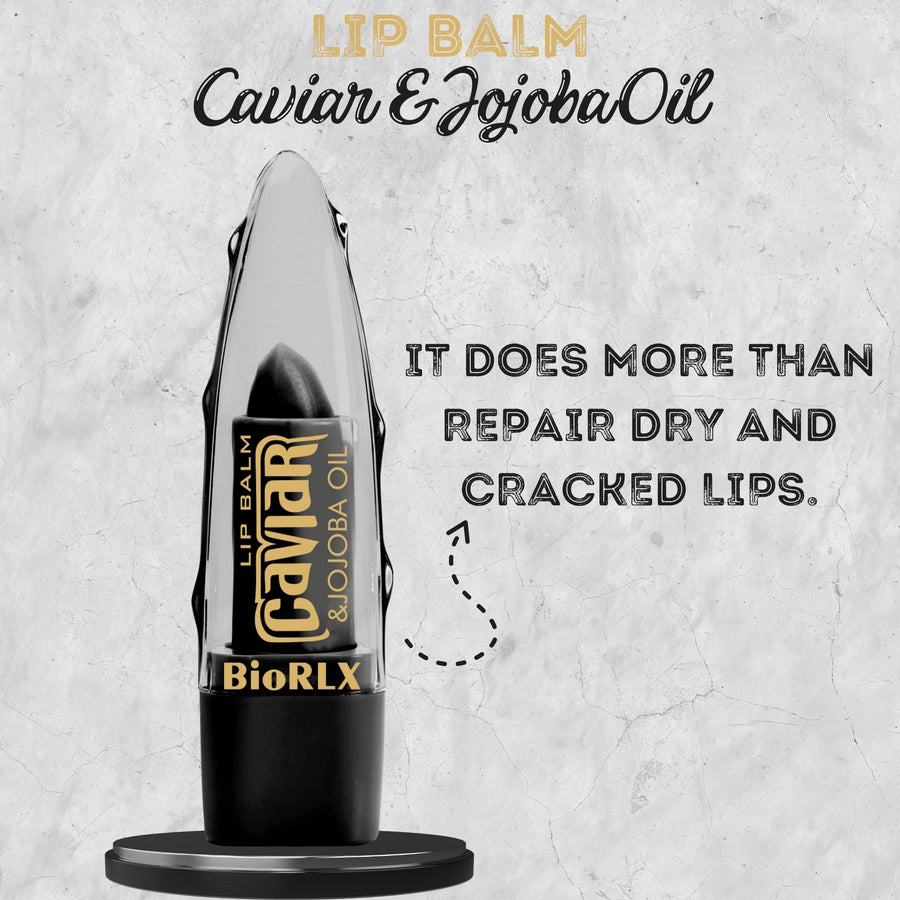
Customer Testimonials
Our customers love the transformative effects of jojoba oil. Here are some testimonials from those who have experienced its benefits:
Emily S. – “I have been using jojoba oil for a few months now, and my skin has never felt better. It’s soft, hydrated, and my acne has significantly reduced. I love how it doesn’t leave my skin feeling greasy!”
James R. – “As someone with sensitive skin, finding the right products has always been a challenge. Jojoba oil has been a game-changer for me. It’s gentle, soothing, and has helped with the redness and irritation I used to experience.”
Olivia T. – “I use jojoba oil as part of my nightly skincare routine, and I’ve noticed a big difference in the texture and appearance of my skin. It feels more balanced and looks more radiant. I can’t recommend it enough!”
Conclusion
Jojoba oil is a versatile and powerful ingredient that offers a multitude of benefits for the skin, hair, and nails. Its unique properties make it a staple in natural skincare, providing deep hydration, balancing oil production, and promoting overall skin health.
At BioRLX, we are dedicated to harnessing the power of nature to create products that are effective, safe, and luxurious. Our jojoba oil is sourced ethically and produced sustainably, ensuring that you can enjoy its benefits with a clear conscience.
Experience the transformative power of jojoba oil and discover why it is often referred to as nature’s liquid gold. Incorporate it into your skincare routine and embrace the natural, radiant beauty that comes from using pure, high-quality ingredients.
With love,
The BioRLX Team



